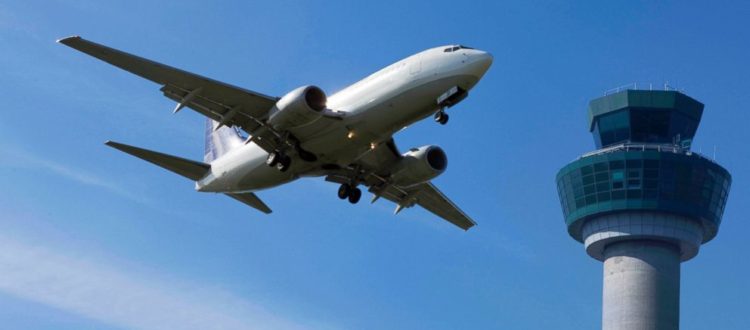WSJ: The Parlance Of Pilots
The need for a common language spoken in the workplace can be seen not just here in America but around the globe. One notable example is international air travel. With so many languages spoke around the world, a common unifying language for pilots and air traffic controllers is a must. Which language has this industry adopted?
From the Wall Street Journal: Notable & Quotable: ‘The Parlance of Pilots’
In flight, pilots are listening not just to controllers, but also to other pilots—Thai pilots returning from Paris, Russian pilots on their way to the Maldives, and pretty much every other conceivable combination of origin, destination, flag and crew nationality. The whole world is in the sky.
It’s hard to imagine a system more in need of a common language. And that language is English (or English-derived Aeroese). When a Venezuelan pilot speaks to a New York air-traffic controller, or when a pilot from Brooklyn speaks to a controller in Caracas, they speak in English. It’s something to marvel at, the first time you fly to Tokyo, say, and you hear an exchange between a Japanese pilot and a Japanese air-traffic controller, both speaking carefully in Japanese-accented English. It’s standardisation and globalisation by force of bare necessity, by force of speed. . . .
When planes speak, they speak English, and more often than not with a male voice: ‘TRAFFIC, TRAFFIC’, to call our attention to another airplane; ‘ONE HUNDRED’, among other heights, as we come in to land; ‘MONITOR RADAR DISPLAY’ in certain weather conditions.
As the nation’s leading advocate of Official English, ProEnglish works on a variety of English language issues – including English in the workplace policies.

